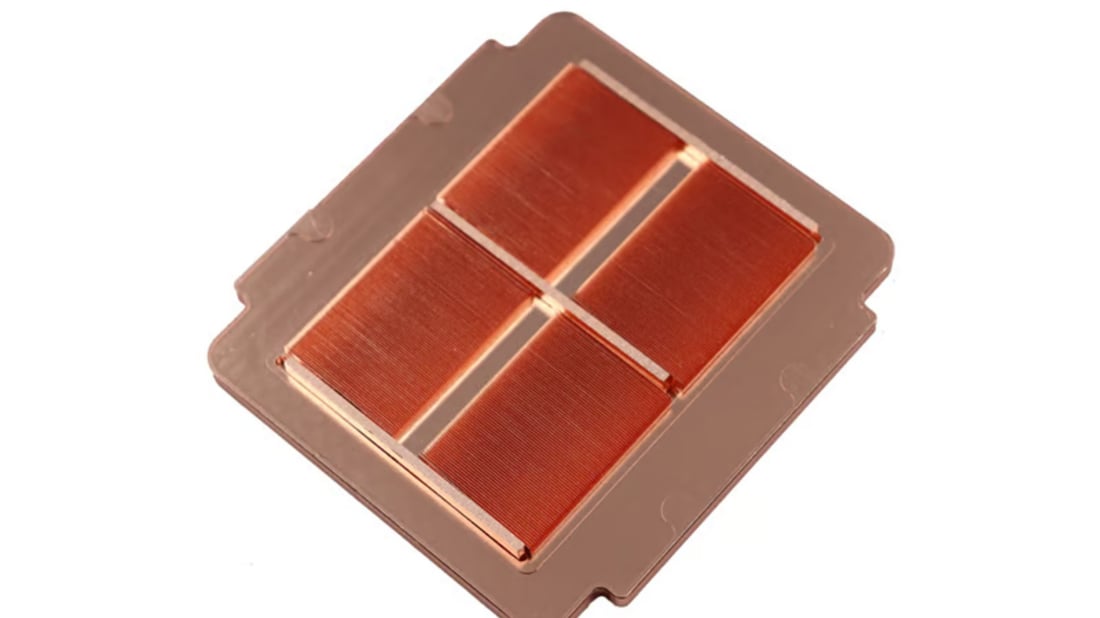What is a Heat Sink?
A heat sink is a passive cooling solution that helps dissipate heat generated by a CPU. It usually consists of a metal component with fins that increase surface area for better heat transfer.
What is a CPU Cooler?
A CPU cooler is an active cooling solution that typically consists of a heat sink with a fan attached. The fan helps to actively cool the heat sink and remove heat from the CPU.
Do I Really Need Both?
While it is recommended to have both a heat sink and a CPU cooler for optimal cooling performance, having just one can still adequately cool your CPU. However, having both can provide better temperature control and prevent overheating.
Benefits of Having Both
Having both a heat sink and a CPU cooler can help to distribute and dissipate heat more effectively, resulting in lower CPU temperatures and improved overall performance. It also helps to extend the lifespan of your CPU.
Compatibility Considerations
When choosing a CPU cooler, it is important to ensure that it is compatible with your CPU socket type. Additionally, you should consider the size and design of the cooler to ensure it fits properly in your computer case.
Overclocking and Heat Management
If you plan on overclocking your CPU for higher performance, having both a heat sink and a CPU cooler is crucial. Overclocking generates more heat, and you need a robust cooling solution to prevent damage to your CPU.
Noise Levels and Cooling Efficiency
Having both a heat sink and a CPU cooler can help reduce noise levels since the fan on the cooler doesn't have to work as hard to dissipate heat. This can result in a quieter system while still maintaining efficient cooling.
Budget-Friendly Cooling Solutions
If you are on a budget, investing in a high-quality CPU cooler that combines both a heat sink and fan can be a cost-effective solution. It provides adequate cooling performance without the need for a separate heat sink.
DIY Cooling Solutions
For tech-savvy individuals, there are DIY cooling solutions that involve creating custom heat sinks or combining different cooling components. However, these solutions may not always be as effective as dedicated heat sink and CPU cooler combinations.
Conclusion
In conclusion, while having both a heat sink and a CPU cooler is ideal for optimal cooling performance, having just one can still effectively cool your CPU. Consider your specific cooling needs, budget, and system requirements when deciding whether to invest in both components.
Quote Inquiry
Contact us!

